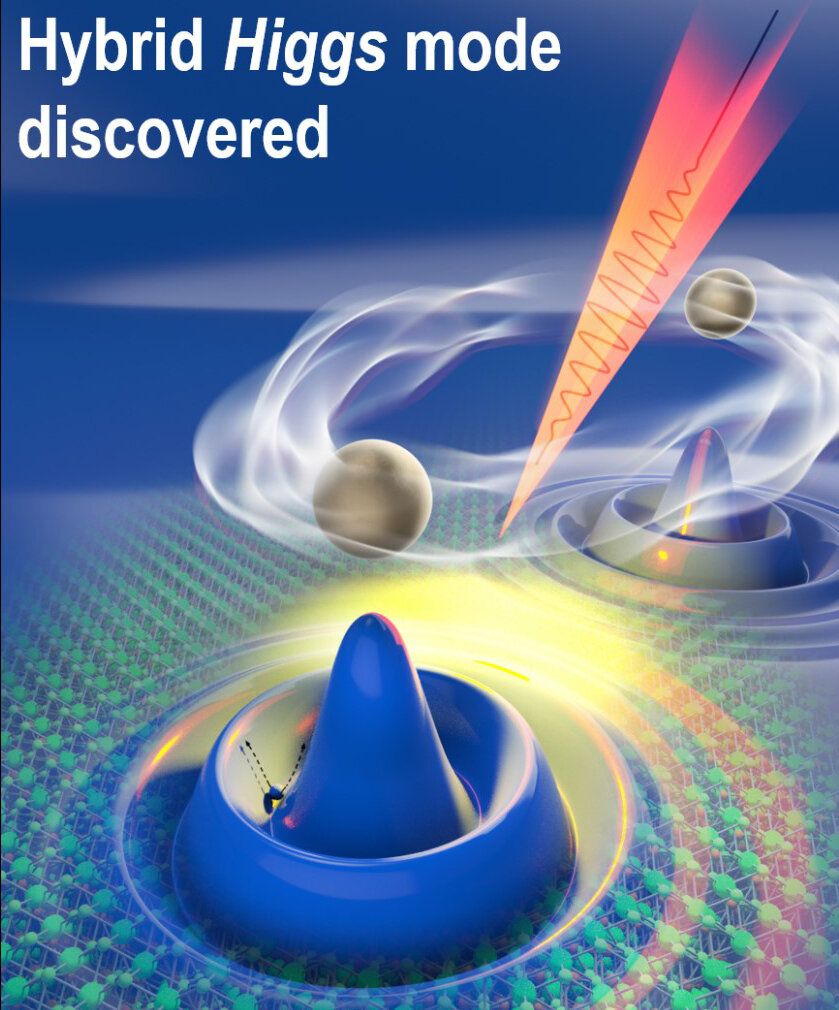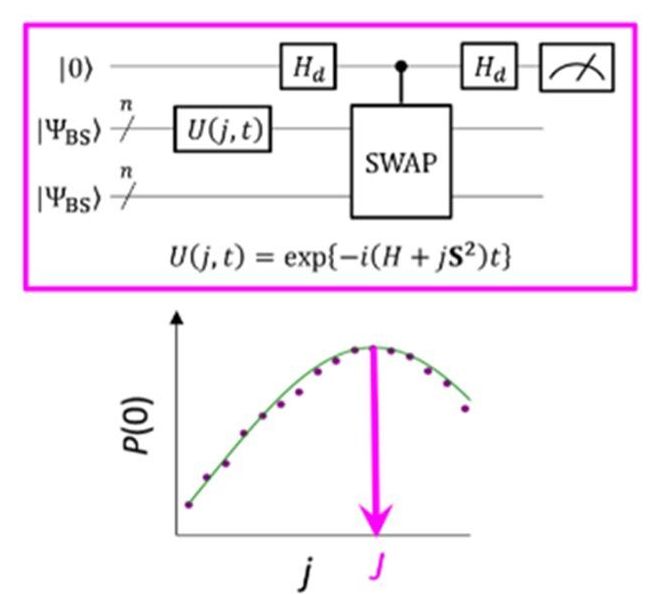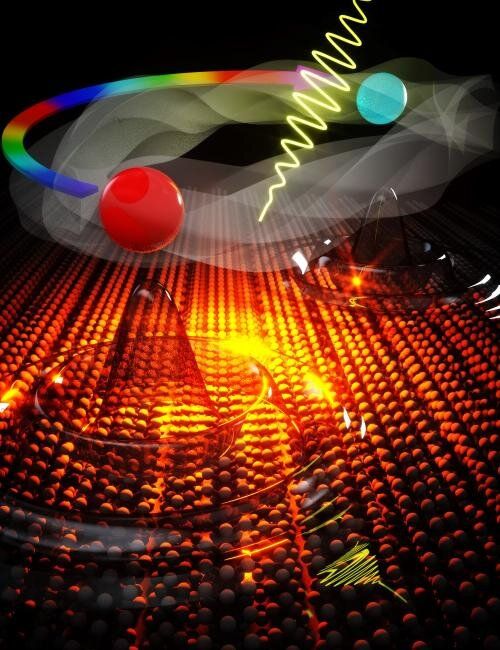Tech featured in this video:
* Learn more about the GPT-3 API Here: https://openai.com/blog/openai-api/
* GPT-3 Paper: Language Models are Few Shot Learners — https://arxiv.org/abs/2005.14165
* Avatar for GPT-3 provided by Synthesia https://www.synthesia.io/
Resources for JavaScript developers:
* DevAnywhere — Live, remote 1:1 mentorship subscription: https://DevAnywhere.io.
* EricElliottJS.com — Learn TDD, functional programming, software design principles and JavaScript with online, interactive lessons. https://ericelliottjs.com.
* Composing Software eBook: https://leanpub.com/composingsoftware.
* Composing Software paperback: https://amzn.to/3biid58
* Follow me on Twitter https://twitter.com/_ericelliott.
* Follow JS_Cheerleader on Twitter: https://twitter.com/JS_Cheerleader.
Eric Elliott is a tech product and platform advisor, author of “Composing Software”, cofounder of EricElliottJS.com and DevAnywhere.io, and dev team mentor. He has contributed to software experiences for Adobe Systems, Zumba Fitness, The Wall Street Journal, ESPN, BBC, and top recording artists including Usher, Frank Ocean, Metallica, and many more.
He enjoys a remote lifestyle with the most beautiful woman in the world.








